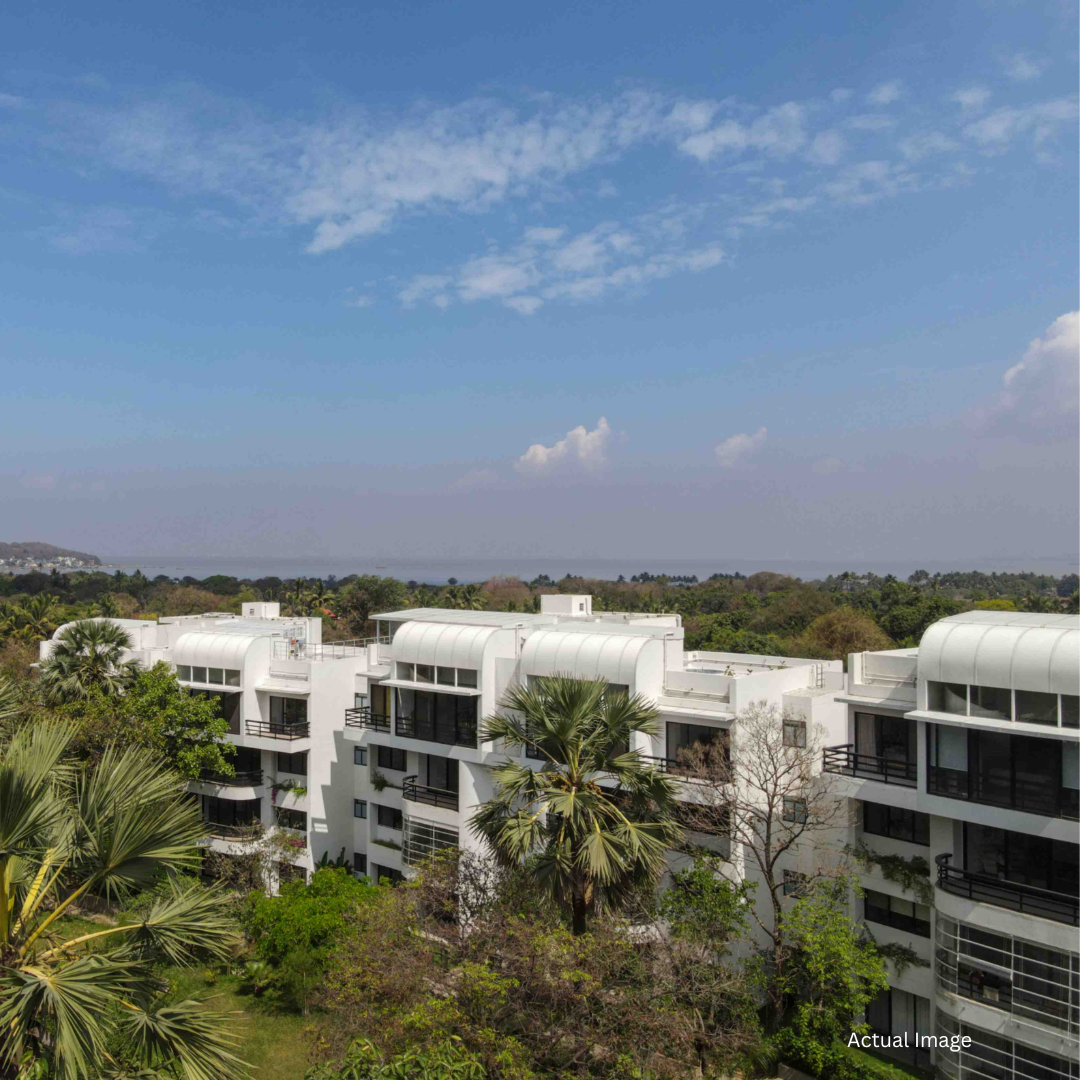India’s real estate industry is vast, dynamic, and layered with multiple stakeholders working behind every successful project. Among the most frequently used — and often misunderstood — terms are contractor, builder, and real estate developer. Though they are interlinked, each has a distinct and essential role in bringing a real estate project to life.
Understanding these roles is crucial for homebuyers, investors, and even industry professionals who want to make informed decisions in their property journey. Here’s a clear look at what each party does, and why their responsibilities are not interchangeable.
The Role of a Contractor
A contractor is the execution arm of any real estate project. Hired either by the builder or the real estate developer, contractors are responsible for physically constructing the building — from laying the foundation to handing over the completed structure. Their work is typically governed by strict timelines, specifications, and budgets.
Responsibilities of a Contractor:
- On-site labor and workforce management
- Procurement of construction materials
- Coordination with subcontractors (electricians, plumbers, etc.)
- Adherence to construction standards and safety norms
- Meeting quality benchmarks and delivery timelines
Contractors can be general (handling the whole project) or specialized (focused on plumbing, electrical work, interiors, etc.). They typically do not own the land or the project; their role is focused on implementation, not vision or sales.
The Role of a Builder
A builder, especially in the Indian context, is often misunderstood. While the term is used loosely, builders usually take on broader responsibilities than contractors. In smaller projects, a builder may also act as a real estate developer, but in larger urban projects, their role is distinct.
Builders manage and coordinate the project from a construction perspective and may also handle some legal and approval-related formalities. However, they generally do not engage in financing, branding, or long-term vision.
Responsibilities of a Builder:
- Coordination with contractors and vendors
- Site supervision and daily progress tracking
- Obtaining local approvals and permits
- Managing cost efficiency and quality control
- Ensuring compliance with local regulations
While they may sometimes own land or co-invest in a project, most builders work under the guidance or partnership of a real estate developer.
The Role of a Real Estate Developer
The real estate developer is the visionary behind any large-scale real estate project. From land acquisition and funding to design, construction oversight, marketing, and sales — the developer orchestrates every element of the real estate cycle.
Unlike contractors or builders, a real estate developer doesn’t just execute; they conceptualize, plan, and take financial risks. They work with architects, legal teams, contractors, builders, and marketing professionals to deliver a complete residential or commercial project to the market.
Responsibilities of a Real Estate Developer:
- Land identification and acquisition
- Feasibility analysis and project planning
- Obtaining legal clearances and regulatory approvals
- Hiring contractors, builders, and consultants
- Overseeing design, quality, and execution
- Marketing and selling the property
- Managing investor and buyer expectations
In metropolitan cities, especially in competitive markets like Mumbai, real estate companies in Mumbai that double as developers also carry the brand identity of the project. Reputation, quality of delivery, and trust are closely linked to them.
Why Developers Are Central to Real Estate Success
The real estate developer plays a crucial role in aligning all stakeholders and ensuring that the project is both commercially viable and legally compliant. They shoulder the maximum risk — from funding and approvals to sales and post-delivery support.
This makes them the most important link in the real estate chain, especially in urban hubs. Many of the top real estate companies in Mumbai have made their mark by being excellent developers who deliver on promises.
How the Roles Work Together
Here’s how these three roles typically interact:
- The real estate developer acquires the land, secures funding, and designs the project.
- The builder ensures on-ground coordination and quality control.
- The contractor physically builds the structure under the builder’s supervision.
In large-scale projects, each role is occupied by separate entities. In smaller or boutique projects, one party may take on multiple roles — for instance, a builder may also act as developer and hire contractors directly.
Why This Clarity Matters to Buyers
As a buyer or investor, knowing these distinctions helps you understand who is responsible for what, and who you are really trusting with your investment. When delays or disputes happen, it’s often because buyers don’t realize that the contractor or builder is not the party ultimately responsible — it is the real estate developer who should be held accountable.
In cities like Mumbai, where property transactions involve significant financial and emotional investment, aligning with reputed real estate companies in Mumbai that have a strong development track record ensures higher credibility and smoother delivery.
Conclusion
Each player — the contractor, the builder, and the real estate developer — plays a vital role in shaping the real estate ecosystem. While their responsibilities often overlap, especially in smaller projects, large-scale developments thrive on their collaboration and specialization.
For those looking to invest or purchase property, the key takeaway is this: always evaluate the credentials of the real estate developer, understand the structure of the team behind the project, and ensure the brand you’re trusting has a strong legacy, especially in competitive regions like Mumbai where top real estate companies in Mumbai set the benchmark for quality and delivery.
SILA’s Approach:
A Proven Real Estate Developer in Mumbai SILA, a trusted name among real estate companies in Mumbai, combines innovation, transparency, and customer-centricity to deliver world-class projects. From luxurious residential spaces to modern commercial hubs, SILA’s approach focuses on creating value-driven, sustainable developments.
Projects by SILA
30 Little Gibbs, Malabar Hill, Mumbai
30 Little Gibbs is located on the peaceful stretch of Little Gibbs Road, Malabar Hill, and offers panoramic views of South Mumbai’s iconic cityscapes. Tailored for like-minded families, this exclusive address ensures complete privacy at the heart of the Hill. Inspired by old-world Bombay, the architecture seamlessly blends yesteryear charm with contemporary Art Deco elegance. More than just a home, 30 Little Gibbs is meticulously curated for unparalleled comfort and functionality.
NINE kemps Corner, Mumbai
Kemps Corner, Mumbai In the heart of Mumbai’s prestigious neighbourhood, Nine Kemps Corner offers a prime location near the Kemps Corner flyover and captivating views of South Mumbai. Designed for modern living, it fosters a strong community spirit with shared values. The architecture combines old Bombay’s charm with contemporary sophistication. With amenities like a spacious banquet hall, garden and family/games room it’s an ideal choice for those who value family and tradition.
About SILA
SILA is one of the leading real estate consulting companies in Mumbai with a tech-driven approach, offering facility management services and real estate advisory. Our expertise as a south mumbai real estate developer ensures that our projects are maintained to the highest standards, providing residents with an unparalleled living experience. We are committed to delivering excellence, making us one of the top real estate companies in Mumbai.
Industries We serve –
Commercial Offices & Buildings | Manufacturing & Heavy Industrial Facilities | Residential Complexes & Townships | Hotels & Campuses | Airports & Malls | IT Parks & Data Centers | Warehousing & Logistics Parks | Banks & Retail
Present in 125 cities –
Ahmedabad | Baroda | Bengaluru | Chennai | Bhubaneswar | Delhi | Gurugram | Noida | Kolkata | Hyderabad | Kochi | Mumbai | Pune & more
Also Read: Choosing the Best Real Estate Developer in Mumbai: A Complete Guide
FAQs
1. What types of properties do you offer?
We specialize in residential real estate in the Mumbai Metropolitan Region (MMR) and are currently constructing over 750,000 sq. ft. across our projects.
2. How do I find out more about your projects?
You can contact us via phone, email, or through the contact form on our website. We are available to assist you with any queries or concerns you may have.
3.Are the properties RERA registered?
Yes, all our projects are registered under the Real Estate Regulatory Authority (RERA) to ensure complete transparency and compliance with government regulations.
4. What are the benefits of buying a property from SILA?
We provide high-quality construction, timely delivery, transparent dealings, and excellent after-sales service. Our properties are also located in prime areas with modern amenities.
About Author -

Aniket Sheth
The insightful content in this blog is curated by Aniket Sheth, our esteemed Senior Vice President of Operations. With an impressive professional journey spanning over 13 years, Aniket has held key positions at prestigious brands, showcasing his exceptional leadership skills.
Aniket’s educational background is marked by an MBA from Cornell University, which laid the foundation for his successful career. He began his professional journey at EY in New York, contributing significantly to enhancing and implementing engagements for Fortune 500 companies.
Aniket’s strategic acumen, proficiency in asset management, and forward-thinking innovation have been instrumental in helping companies streamline their operations and achieve substantial cost reductions. His wealth of experience brings a unique perspective to the world of facilities management, making his insights invaluable for businesses seeking operational excellence.


